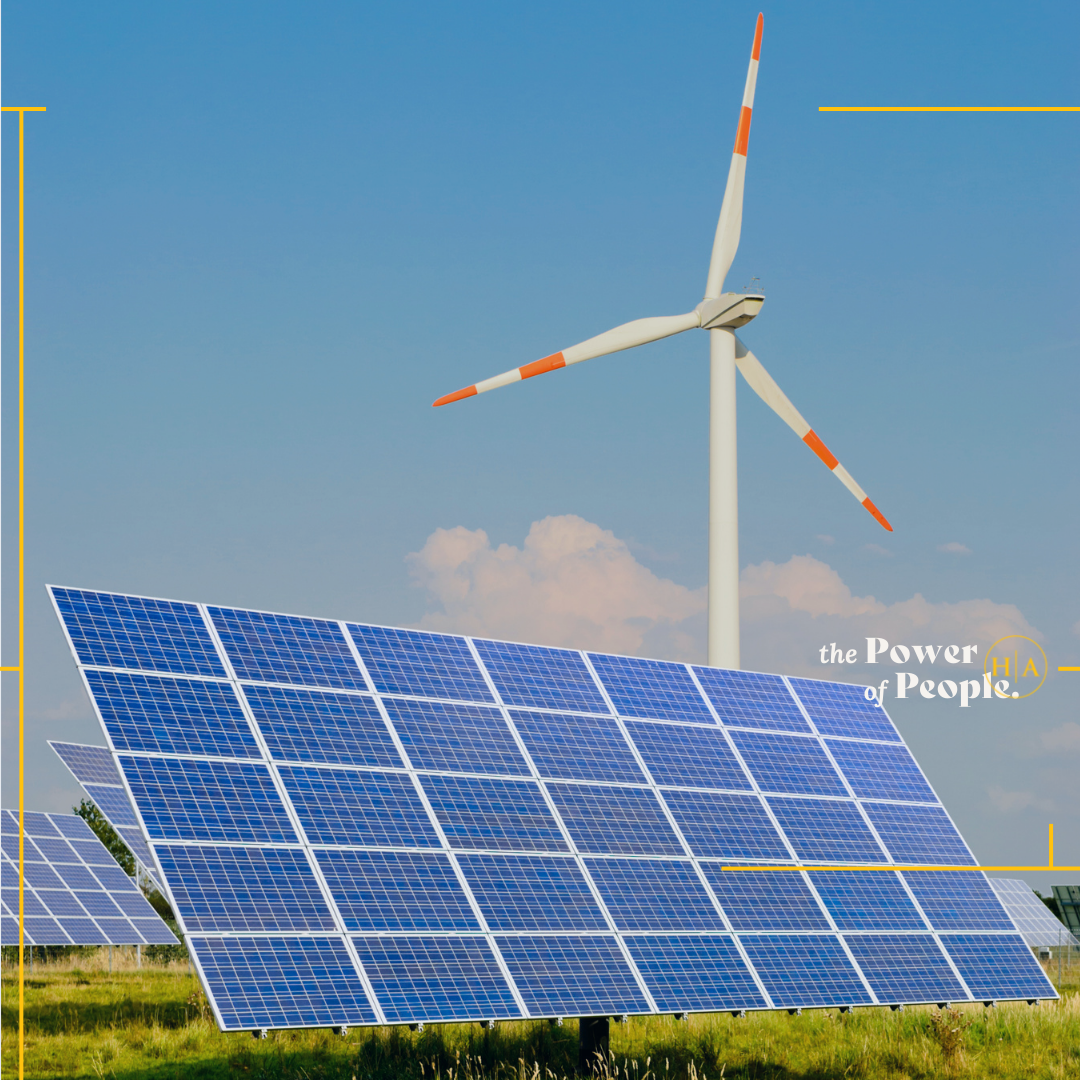If you’re a business owner, you might be wondering if using alternative energy technologies in your company can help you manage energy costs and improve your bottom line. If this sounds interesting, you should know there’s also a valuable federal income tax benefit (the business energy credit) that applies to the acquisition of many types of alternative energy property.
The credit is intended primarily for business users. But be aware that other energy tax breaks apply if you use alternative energy in your home or if you produce energy for sale.
What Property is Eligible?
The business energy credit is equal to 30% of the following types of property (with the caveat that construction must be begun before 2024):
- Equipment that uses solar energy to generate electricity for heating and cooling structures, for hot water, or for heat used in industrial or commercial processes (except for swimming pools),
- Equipment that uses solar energy to illuminate a structure inside using fiber-optic-distributed sunlight,
- Specific fuel-cell property,
- Certain small wind energy property,
- Specific waste energy property, and
- Certain offshore wind facilities with construction beginning before 2026.
If construction of equipment that uses solar energy to generate electricity for heating and cooling structures, for hot water, or for heat used in industrial or commercial processes begins this year, the credit rate is 26% and is reduced to 22% for construction beginning in calendar year 2023; and, unless the property is placed in service before 2026, the credit rate is 10%. For the other types of property mentioned above, if construction begins this year, the credit rate is 26%, and is reduced to 22% for construction beginning in 2023; and, unless the property is placed in service before 2026, the credit rate is 0%. The only exception to this is the final type of property mentioned above —certain offshore wind facilities. This type of property isn’t subject to a phase-out.
The business energy credit is equal to 10% of the following types of property with construction beginning before 2024:
Specific equipment that is used to produce, distribute, or use energy derived from a geothermal deposit,
Certain cogeneration property,
Some microturbine property, and
Certain equipment that uses the ground, or ground water, to heat or cool a structure.
The Downside and the Upside
There are several restrictions related to the credit. For example, it isn’t available for property acquired with certain non-recourse financing. Additionally, if the credit is allowable for property, the “basis” of that property is reduced by 50% of the allowable credit.
On the other hand, a favorable aspect is that, for the same property, the credit can sometimes be used in combination with other benefits. Examples include federal income tax expensing, state tax credits or utility rebates.
There are business considerations unrelated to the tax and nontax benefits that may influence your decision to use alternative energy. And even if you choose to use it, you might do so without owning the equipment, which would mean forgoing the business energy credit.
Still Wondering?
As you can see, there are many issues to consider and you may have remaining questions. We can help you work through these alternative energy tax considerations.





